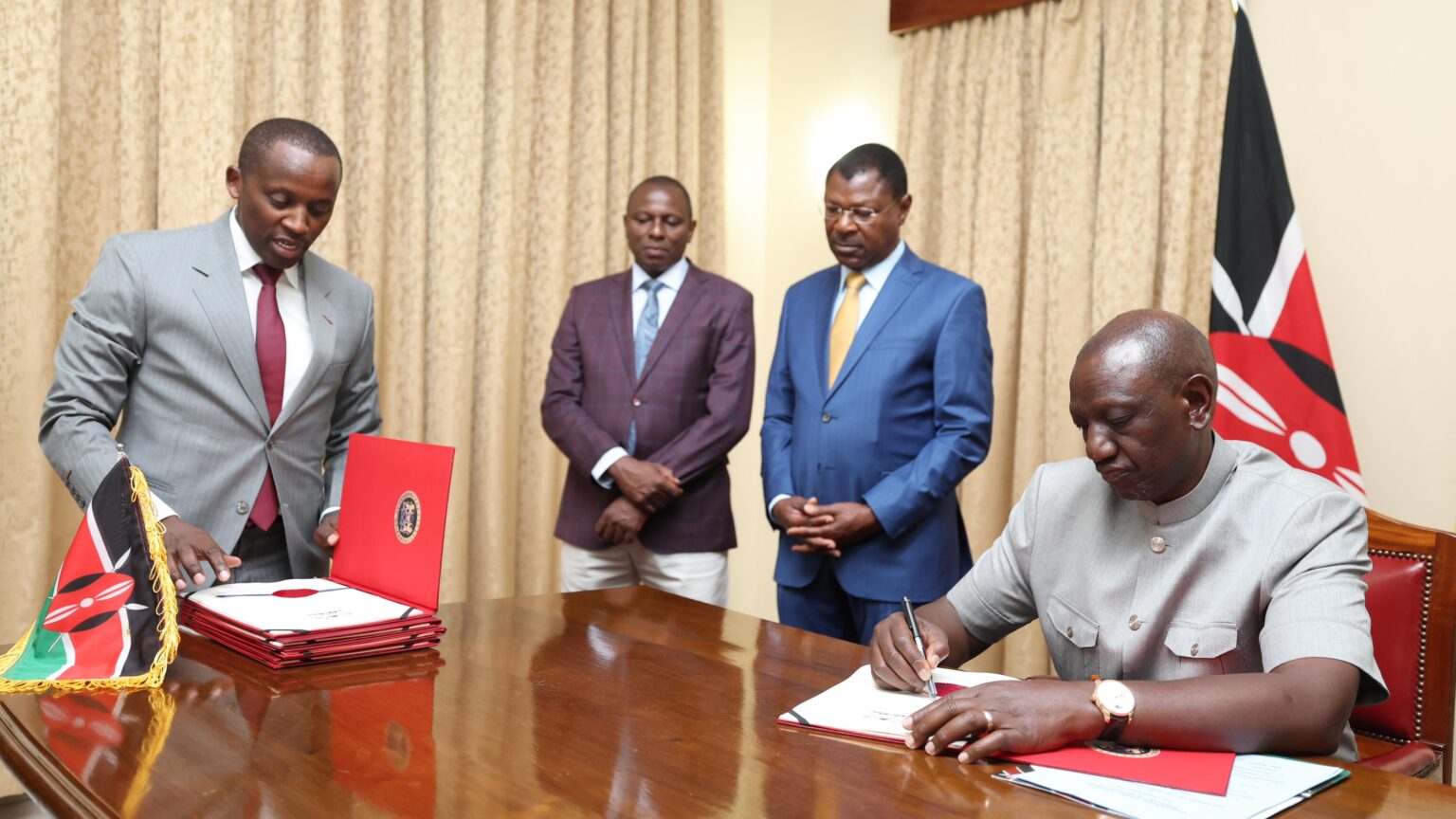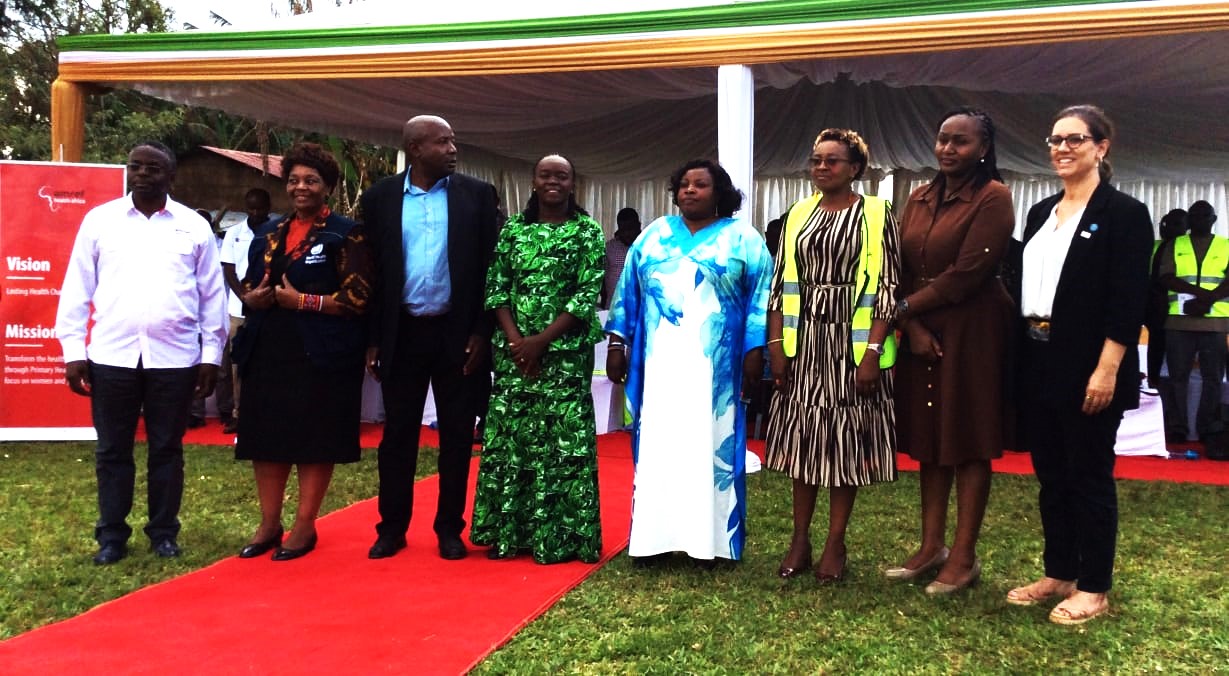The decision marks a significant departure from Ruto’s earlier stance on the issue. Just a year ago, he and other political leaders from Western Kenya had opposed plans to privatize the sugar milling plant. On February 1, 2024, in Bungoma, Ruto had categorically stated that Nzoia Sugar Company would not be privatized. At the time, Nzoia was one of five sugar companies earmarked for privatization by the national government, alongside Chemelil Sugar Company, Muhoroni Sugar Company Ltd, South Nyanza Sugar Company Limited, and Miwani Sugar Company. Ruto had instead proposed installing professional management to improve operational efficiency
President William Ruto has announced that the troubled Nzoia Sugar Company will be privatized within two months. During a recent visit to Bungoma, the President revealed that new management would be installed to revitalize the company’s operations.
“We are going to lease out the company so that it can pay its farmers and workers on time, like other sugar companies,” Ruto emphasized. He highlighted Nzoia’s large cane nucleus and expressed concern over its persistent failure to meet financial obligations to both farmers and workers.
The President drew comparisons to Mumias Sugar Company, noting its recent success under private management, which enabled farmers to receive bonuses. “After leasing it to new management, farmers of the company will also be able to get bonuses like those of Mumias,” he assured.
The decision marks a significant departure from Ruto’s earlier stance on the issue. Just a year ago, he and other political leaders from Western Kenya had opposed plans to privatize the sugar milling plant. On February 1, 2024, in Bungoma, Ruto had categorically stated that Nzoia Sugar Company would not be privatized. At the time, Nzoia was one of five sugar companies earmarked for privatization by the national government, alongside Chemelil Sugar Company, Muhoroni Sugar Company Ltd, South Nyanza Sugar Company Limited, and Miwani Sugar Company. Ruto had instead proposed installing professional management to improve operational efficiency.
Two years ago, then Bungoma Senator and now National Assembly Speaker Moses Wetang’ula strongly opposed the State’s plans to sell Nzoia Sugar Company to a private sugar dealer. Wetang’ula had raised concerns over the Privatization Commission’s intentions, accusing it of favouring a local miller in Western Kenya. “The move is suspect, and Bungoma leaders are against any such plans,” Wetang’ula said.
Despite earlier opposition, Ruto’s recent remarks suggest a growing consensus within the government that privatization is the only viable solution for Nzoia. He disclosed that court cases aimed at blocking the privatization had been dismissed, paving the way for leasing the company to private developers.
“The court cases about Nzoia have been dismissed, and we are now free to lease it so that it becomes vibrant,” Ruto stated.
The President lamented the inefficiency of government interventions, noting that despite significant financial investments in Nzoia, the company continued to fail in paying its workers and farmers. “Let us give Nzoia to new management to run it. We can’t keep dumping millions of taxpayers’ money in the name of reviving it, but nothing happens,” he remarked.
Ruto was accompanied by Prime Cabinet Secretary Musalia Mudavadi, National Assembly Speaker Moses Wetang’ula, Cooperative Cabinet Secretary Wycliffe Oparanya, Bungoma Governor Kenneth Lusaka, and several local leaders. Their presence underscores the political weight behind the decision to privatize Nzoia Sugar Company.
The privatization of Nzoia Sugar Company signifies a critical juncture for the troubled miller. While the government hopes new management will bring efficiency and profitability, the move has sparked debate and unease, especially given the President’s previous opposition. Whether this shift will lead to tangible benefits for farmers and workers remains to be seen.





